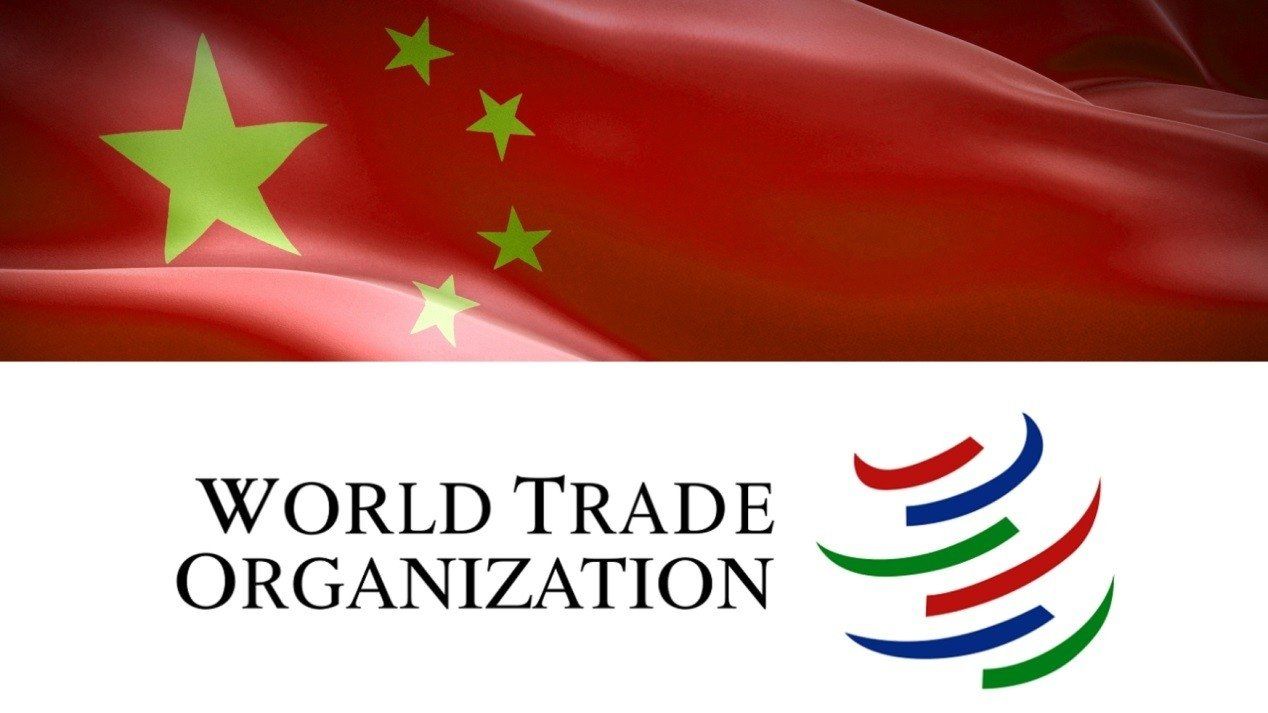

Jun
Back in 2001, China’s WTO membership came with promises that the authorities will embark on a journey which consists of clear measures that increase the access of foreign companies to China’s domestic market.
Since then, China went from a $1.3 trillion GDP in 2001 to over $14 billion at this point and some countries (with the United States in the spotlight, we pretty much everyone knows by now) believe the rules have not been followed in the spirit of the WTO. In other words, China kept enjoying the perks associated with having access to worldwide markets but has been too slow in implementing measures through which it returns the favor.
It this true?
Well… yes and no.
Former WTO director-general Pascal Lamy summed it up quite nicely in that China is indeed respecting the commitments it took when joining the WTO… but not more. Think of it as the difference between the letter of the law and the spirit of the law. If you make the legal system work in your favor by exploiting various loopholes, you’re not doing anything illegal, as in against the law. However, you’re acting against the spirit of the law, against the principles which led to the law being implemented in the first place.
Can anyone blame China, however?
At the end of the day, this is what geopolitics is all about if one were to leave hypocrisy outside: respecting the status quo international framework but always keeping the interests of your population in mind and prioritizing those over the interests of everyone else.
Make no mistake, significant progress has been made with respect to international companies being allowed to access the Chinese market. There’s even a huge yearly event called China International Import Expo, which focuses on just that: imports and import-related solutions.
Furthermore, even when it comes to China’s most vocal critic (the United States), one cannot help but notice that certain industries have reaped tremendous benefits as a result of having access to China’s domestic market. For example, since China became a WTO member, the value of its agricultural exports increased by a whopping 1,000%, even all the way to 1,300% when it comes to soybeans. The same way, one out of every three iPhone owners is Chinese and it’s next to impossible to walk around a Chinese city and not notice major international chains, in some cases without decent local competition (Starbucks, for example).
But, alas, there’s more to statistics than individual case studies and the fact remains that a lot of rich nations have a horrible trade DEFICIT with China. Thinking about the potential ramifications of this state of affairs persisting indefinitely, it’s understandable why they feel uneasy and sometimes decide to be quite vocal.
However, it’s also important to understand that it takes time for a domestic consumer market such as that of China to mature. A few decades ago, the idea of international goods consumption contributing to China’s GDP as much as it does now would have been considered nothing short of ludicrous.
As a conclusion, it should be fairly obvious why China’s relationship with the WTO is… well, complex. Think of it as trying to find the right balance between not rocking the boar too much and making sure your international trade partners tolerate you and keeping the interests of your population as the #1 priority of your administration. Economics 101, (geo)politics 101, human nature 101 and the list could go on and on.

1 Comment
[…] But, one step at a time, whether it’s becoming a member of the World Trade Organization in 2001 or having the Renminbi included in the International Monetary Fund’s Special Drawing Rights (SDR) […]